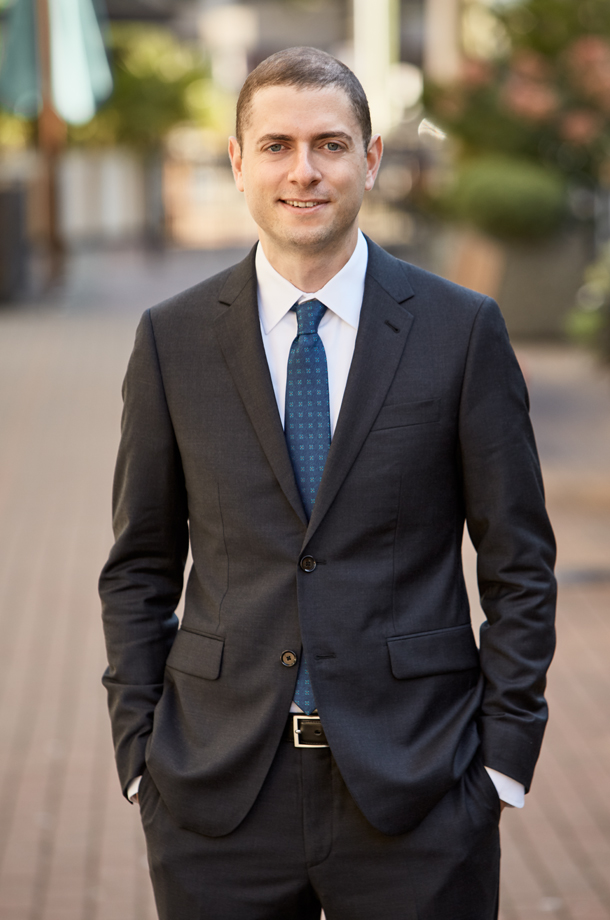
Our office has previously written on the topic of secret trusts. This article will discuss some further case law where attempts were made, both successful and unsuccessful, to prove the existence of a secret trust.
A trust is considered “secret” when the donee’s obligations are not referenced in the document under which the property is given to the donee (Anderson v Anderson, 2010 BCSC 911, at para 166). The principles of a secret trust are well established and were confirmed in the B.C. Court of Appeal in Champoise v Prost, 2000 BCCA 426:
- The donor must have the intention to create a trust;
- There must be communication from the donor to the trustee regarding the intention to create the trust;
- There must be acceptance of the obligation by the done;
- The three certainties necessary for any express trust must be exhibited at the time the trust is created.
Since the nature of secret trusts leads to the some or all of the terms being set out verbally, these trusts can be difficult to prove in court.
In Anderson v Anderson, 2010 BCSC 911, an unsuccessful attempt was made to claim the existence of a secret trust. The deceased had transferred his recreational property (the “cabin”) to his second wife for $1.00 and natural love and affection. The cabin was used by the second wife and the deceased’s children for many years following the deceased’s death. The litigation arose when the deceased’s second wife advised the deceased’s children that she intended to sell the cabin.
The deceased’s children’s allegations amounted to a claim of secret trust. They claimed that the deceased had always intended that the cabin would remain in the family and that their father’s second wife held the cabin on specific trust terms: she would have use of the cabin for her lifetime or as long as she wished and upon her interest being determinable by death or otherwise, the cabin would devolve to the deceased’s three living children.
In Anderson, the Honourable Justice Dardi found that there was no direct evidence to support the allegation that when the deceased transferred the cabin to his second wife, that he communicated the trust terms alleged by his children. There was also no evidence of acceptance of such obligations. Further, the three certainties required to prove a trust were not established. The plaintiff children were found to have been fully aware of the gift their father made to his second wife as it was not a source of dispute even after the deceased’s death. Her Ladyship found that it was the disappointment of the defendant’s decision to sell the property that resulted in the dispute and the allegations of secret trust (para 182).
The more recent case of Bergler et al. v. Odenthal, 2019 BCSC 1882, demonstrates a successful claim of secret trust. In Bergler, the deceased had not made a will but gave her common law spouse, Mr. Odenthal, specific instructions regarding her estate.
In the Bergler case there was evidence of various discussions the deceased had before her death with her nieces, spouse, sister and other family about the deceased’s testamentary intentions. Some of the evidence demonstrated that the deceased had said that she wished for her estate to be transferred back “to her family” when Mr. Odenthal began a relationship with a new partner. However, Mr. Odenthal had made inconsistent statements in examination and in court, as he testified that the deceased’s assets were to go to the deceased’s family at his death, not when he started a new relationship. In other points of his evidence, Mr. Odenthal stated that the deceased wanted her niece, Ms. Bergler, to have her estate assets to assist Ms. Bergler financially.
Taking all the evidence as a whole, including the inconsistencies in Mr. Odenthal’s evidence, the Honourable Justice Baker found a secret trust existed in favour of Ms. Bergler. It was found that the deceased’s intention for Ms. Bergler to receive her estate assets had been communicated to Mr. Odenthal, that he accepted the obligation on him communicated by the deceased, and that the certainties of a trust were made out. As such, as the heir of the deceased’s intestate estate, Mr. Odenthal was found to hold all estate assets in trust for Ms. Bergler.
It is hoped that the reader is not making the conclusion that a will is unnecessary and a secret verbal trust will suffice. This is a surefire recipe for uncertainty and litigation. An important take-away is that discussions of a person’s intentions regarding their estate can have ramifications, even if that person has completed a will. Advice from an experienced estates lawyer is the prudent path to certainty.



